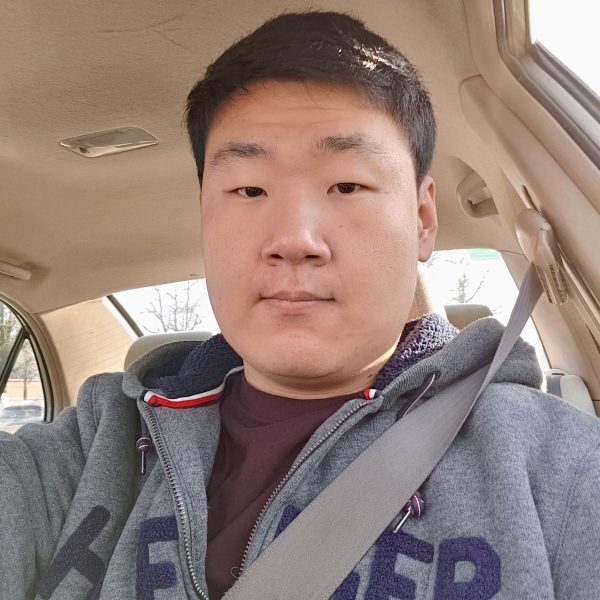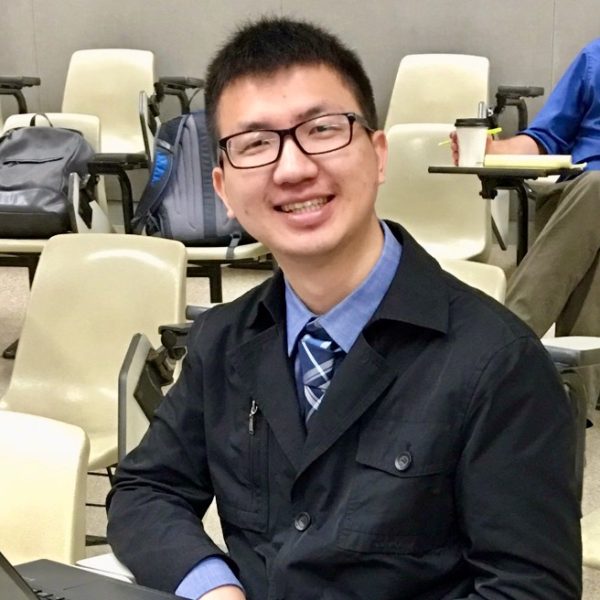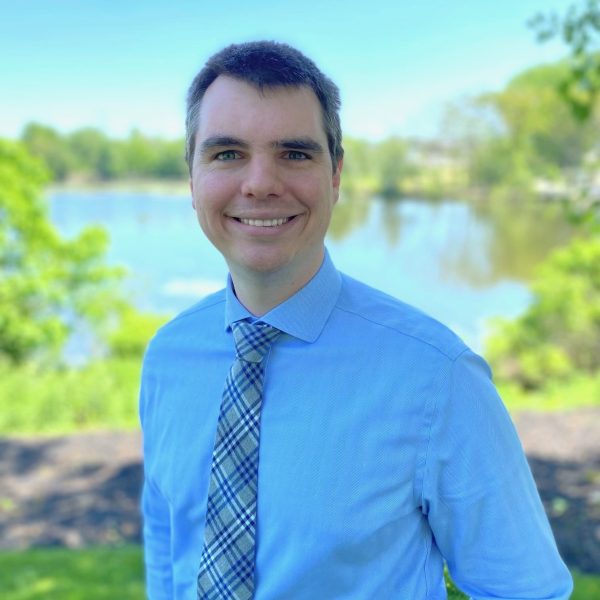CBE Alumni in Academia: Ko, Lin & McGill
NC State chemical engineering students have a wide array of career fields to choose from upon graduation. Chemical engineers design manufacturing processes for products like paper and fuel, develop life-saving pharmaceuticals and solve environmental problems. As the American Institute of Chemical Engineers website reads, “Chemical engineering touches everything.” Although chemical engineering can be a diverse field, all chemical engineers are shaped by their years at university, and the professors who influenced them.
In this article, meet three of our recent alumni who are returning to academia as professionals to train the next generation of engineers. They share how the NC State Department of Chemical and Biomolecular Engineering prepared them to be successful professors.
Yeongun Ko (Ph.D. ’20)

“Ko,” advised by Jan Genzer studied behaviors of polymeric chains at the solid-liquid interface during his time at NC State. He was interested in how strongly polymeric chains are stretched or collapsed depending on liquids. The research achieved a special surface having multifunctional features which repel and kill bacteria at the same time. After graduation, Ko joined the University of Michigan, Ann Arbor, as a postdoctoral researcher.
Ko said that he had many academic experiences while in CBE that have prepared him to be a professor. for example, “at an outreach event called NanoDays, I learned priceless lessons which are how to effectively communicate with students and how to help students be interested in science. Also, talking with friendly and knowledgeable professors in the CBE Department always kept motivating me to become like the professors I admire.”
“Now, I am extremely thrilled to start my new journey at the Chonnam National University, South Korea,” Ko said. “I am looking forward to studying together with ambitious, talented students.”
One of his short-term research goals at the university will be to understand the principle of stabilization of nanoparticles via polyelectrolyte grafting at the solid-liquid interface.
Yiliang Lin (Ph.D ‘ 18)
Yiliang first visited NC State during a summer exchange program in 2012 while he was a junior at Zhejiang University. After the visit, he knew NC State was the right place for him. Co-advised by Professors Michael Dickey and Jan Genzer, Yiliang worked on soft matter, including liquid metal and polymers, with applications in soft electronics and biomedical engineering.

After obtaining his Ph.D. in 2018, Yiliang went on to work in the bioelectronics field at the University of Chicago. He hopes to use his research to develop multi-scale living materials for bio-interfaces to address emerging needs, such as post-pandemic healthcare and sustainable agriculture.
“CBE has prepared me well for going to academics,” Yiliang said. “Aside from those traditional chemical engineering courses, we were introduced to research proposals shortly after starting the Ph.D. As part of the qualification test (CHE 701 and 702), we were required to develop a fresh research proposal. CBE also developed a nice Ph.D. committee system. We can therefore find suitable committee members across campus that can be quite helpful in our future research. CBE ensures that, in addition to the preliminary and thesis defense, the Ph.D. candidate meets regularly with the committee members to receive feedback, which is always very helpful for me. CBE’s collaborative environment is what makes it so impressive. During my Ph.D. study, I collaborated with multiple research groups within CBE, and those collaborations not only benefited the specific collaborative projects but also helped me broaden my research visions and expertise.”
Yiliang found the “co-advising culture” to be the most “impressive aspect” of his experience in CBE. As a student of both Professor Dickey and Professor Genzer, he was able to work in both research groups. Yiliang credits being co-advised with establishing a strong foundation for interdisciplinary research during his postdoctoral period. He also pointed out that co-advised students have the advantage of hearing comments and feedback from people from a variety of backgrounds.
This term, Yiliang will join the faculty at the National University of Singapore as an assistant professor.
Charles “Chas” McGill (Ph.D. ’19)

Chas worked on developing elementary chemical mechanisms for different chemical systems using a mix of experimental and computational techniques in the Westmoreland Group while earning his Ph.D. After graduation, he was a postdoctoral researcher at the Massachusetts Institute of Technology. He will join the Department of Chemical and Life Science Engineering at the Virginia Commonwealth University (VCU) as an assistant professor this fall.
When asked how CBE prepared him for academia, Chas said “When I look at what I’m working on and where I’m going, I see evidence of the seeds planted at NC State. Across the CBE department, I was always impressed by the emphasis on positive collaborations and the environment that fostered such things. I had the opportunity to see successful collaborations across the department with other research groups and with corporate partners, examples that I hope to emulate in what I intend to be a collaboration-friendly research group. Departmental opportunities like the Schoenborn Symposium offer a great way for students to show off their work and build confidence in their presentation skills. My advisor in the department, Phil Westmoreland, was unfailingly optimistic and encouraging, setting up an environment where I could be productive and learn the skills that would be useful to me later. Working with Dr. Westmoreland, I got my first taste of computational research. When I really took to that aspect of the research, he gave me the opportunity to pursue it and develop those skills further, setting me on the path to the research plans that I have now.”
Chas is enthusiastic about teaching and research. “Starting up at VCU, I’m really looking forward to the teaching aspects of the job, both in the classroom and in my research group. A lot of the analytical tools in chemical engineering manage to be both practical and elegant. They can help folks understand something of how the world works just as much as they can prove to be useful in practice, and I’m looking forward to showing that to my students as well as I can. My research interests with my new research group are in machine learning for chemical systems and accessible software development. One of the things about these fields that I find exciting is the pace that you can build on previous knowledge and accelerate into more and more interesting places. I can’t wait to show my students some of the basics of computational research and start them on that accelerating track. I especially look forward to working in partnership with other research groups and companies where my students will be able to apply their skills collaboratively toward the goal of addressing real world problems.”
The CBE community sends its best wishes to Professors Ko, Lin and McGill as they prepare for the first day of their careers in academia.
- Categories: